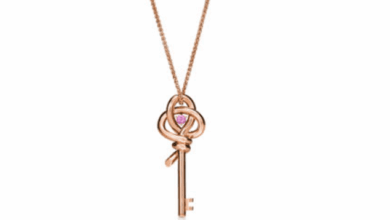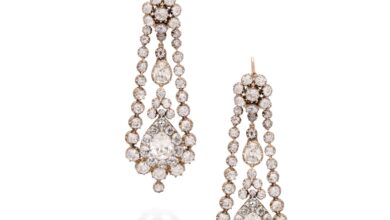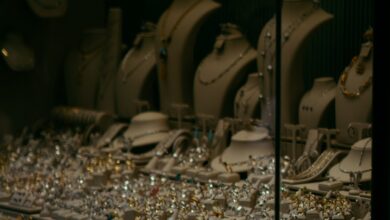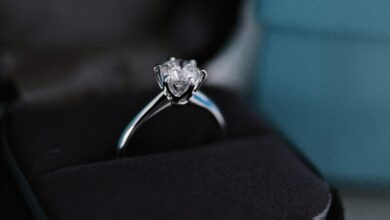Are online-only auctions the future?
Being online only, auctioneer DEBORAH MAZZA discusses how the web-based platform provides an accessibility which is desirable to its clients. Is this the future of jewellery auctioning?
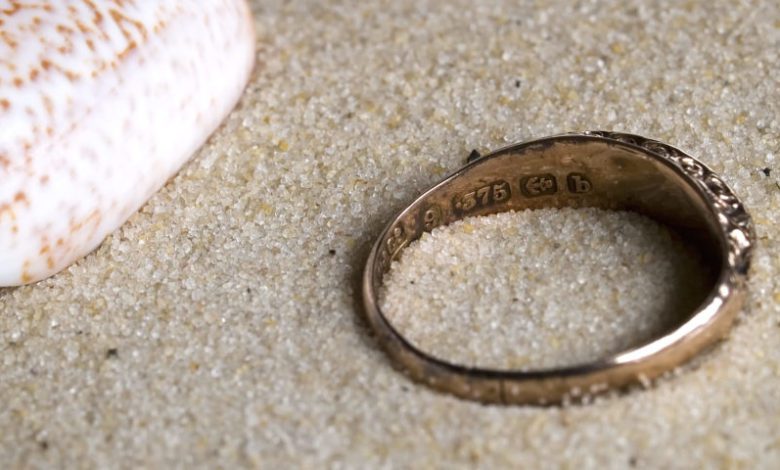
Register to get 1 free article
Reveal the article below by registering for our email newsletter.
Want unlimited access? View Plans
Already have an account? Sign in
The internet puts the world at our fingertips and e-commerce means we no longer have to leave the house for required goods. As trust in trading on the internet grows, higher quality, luxury goods are becoming more readily available and people are less worried when it comes to making high ticket purchases online.
While people may immediately think of online bidding sites as the perfect place to get exclusive goods at cheaper prices, some are using such platforms in place of traditional auction houses. Although the bigger, long-established jewellery auction houses do run auctions online and have attracted a growing consumer base, very few have taken the risk to trade solely online.
Auction site Catawiki, was originally founded as a community for collectors by René Schoenmakers and Marco Jansen in 2008. Since 2011, Catawiki has been hosting weekly event, in over 80 different categories, including classic cars, art, jewellery, books, and watches. For the jewellery section of the site, gemmologist and valuer Deborah Mazza has been appointed as a part time auctioneer, due to her extensive experience in the industry.
She explains, “My career started in 1984 when I went from Italy to Germany. I did a gemmology course and a diamond grading course in the German gemmological institute in Deutsche Gemmologische Gesellschaft.” Mazza continued to work in Germany from 1985 to 2010 where she has worked as a valuer in the trade and the wholesale industry, working with gemstones and diamonds.
The website sees 35,000 lots sold every week, has 194 auctioneers, and gets 14 million visitors every month indicating a significant and increasing demand for online auctioning in jewellery and precious stones. Considering the platform is gaining such traction despite being only online, Mazza insists that this will only continue to become the favoured mode of auctioning. “Of course you will still have big ones like Christie’s, Bonham’s and Sotheby’s that will hold auctions that people will go to, but they are also selling online.”
The well-known auction houses’ online presence has definitely seen a recent and growning interest in web-based sales, as Christie’s reported that 44% of its Summer London Luxury Sales were sold or directly underbid to buyers on the internet.
What sets Catawiki apart from its competitors however, is the fact that no one – not even the auctioneers who curate the lots – has seen the high-ticket items in real life. “You might think, ‘that’s silly how do you work out the value or how do you estimate its worth of the gemstone or piece of jewellery?’” Mazza says, “Well, we have trusted sellers. We have the certificates and the certificates we accept are the ones by the approved world known laboratories like GIA or GIS or IGI in Antwerp.”
To add to this, the website prides itself on ensuring it builds a trust with its customers by upholding and delivering top customer service and seeing to it that every customer is happy with their purchase. The website also makes sure it has a reputable clientele by vetting its sellers, who are either companies or individuals, before they can even put a lot up for auction. Mazza explains, “They are all well-known and trusted dealers. They have they own profile, are trustworthy and they also posted the items with good photographs and descriptions – that’s how we have satisfied customers at the end.” She adds, “We try our best and has a 95% success rate with the quality.”
Insisting on its safety, Mazza adds, “As a seller you have to include a photograph or scan of your ID and various other information. As a buyer you’re not that vetted, only when it comes to paying – there’s a certain system in place.” The certificate number of precious stones is also supplied with the listing, so the auctioneers are able to check it against graders’ records and avoid the risk of fraudulent goods.
Like any other auction, there is also the chance for bidders to get their hands on unique, one-of-a-kind pieces, as Catawiki houses antique and medieval jewellery, as well as the more contemporary collections. With Viking jewellery being among some of her personal favourites, Mazza also states that the website has meteorites, as well as moonstone pieces.
Catawiki also mixes the concept of personal shopping with auctioneering, as the company’s auctioneers are on hand to advise bidders of goods they may be on the lookout for. The site’s auctioneers go as far to advise potential buyers on the prominence and quality of a stone, its measurements, the caratage of it and whether it can be resized or personalised for the new owner.
“You can ask the auctioneer to help you; you have a weekly email and alert that alerts you to particular items that have come on auction, so you can check and have a look at it and see if you want it.” Mazza says, “If you know you want an engagement ring, not with a diamond but maybe with a ruby, in white gold, you can look into Catawiki.”
As a relatively young company, setting up a bricks-and-mortar is not quite off the cards as of yet, but the company is revelling in the wide reach and instant impact of the online platform. “We can reach people from Antarctica to Antwerp from New York to Hong Kong. In one second. That’s the advantage of the internet and that’s the advantage of the online world.” Mazza concludes: “So many people buy their groceries online and to tell you the truth, I end up going to Amazon for what I need! It’s so comfortable; it’s modern life. This definitely is the future.”
By Deborah Mazza. This article first appeared in the October 2017 of Jewellery Focus.



